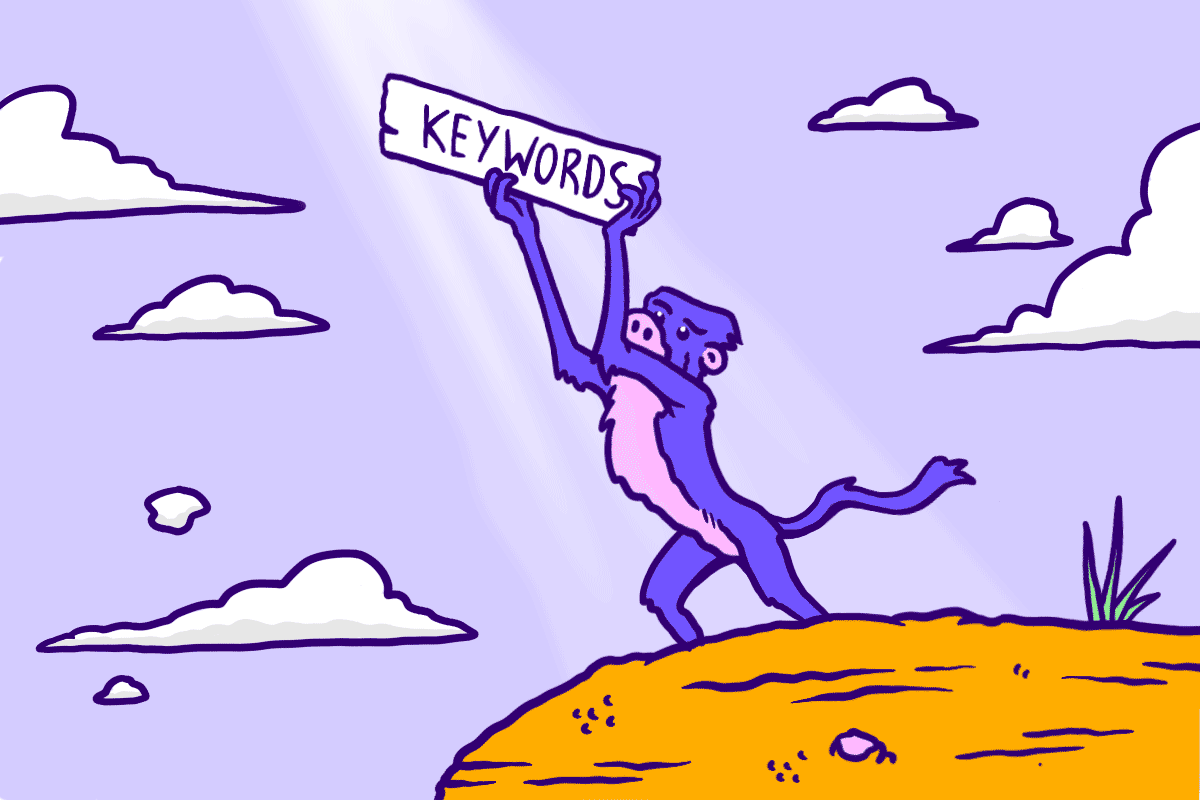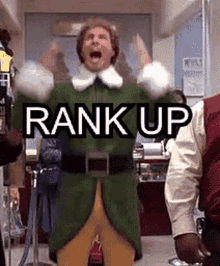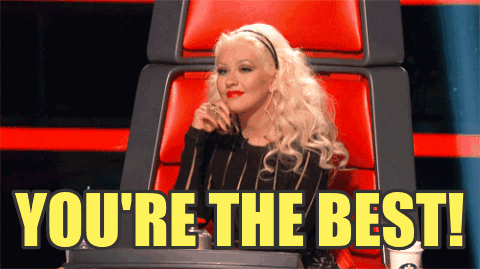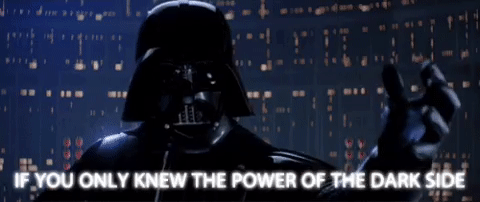J
JavaScript
JavaScript plays a vital role in link building by allowing web developers to create interactive and dynamic content, which attracts more backlinks. With JavaScript, webmasters can also track the performance of their backlinks and adjust their strategies accordingly. JavaScript frameworks such as React and Angular also provide tools to improve the user experience of a website, which can indirectly contribute to link building efforts.
K
Keyword
A keyword is a word or phrase that describes the content of a webpage and is used by search engine users to find relevant information. Keywords are a crucial aspect of search engine optimization (SEO), as they help search engines understand the topic and relevance of a webpage.

Keyword Density
Keyword density refers to the number of times a keyword or phrase appears on a web page in comparison to the total number of words on the page. It is a factor that search engines use to determine the relevancy of a page to a particular search term.

Keyword Difficulty / Keyword Competition
Keyword difficulty or keyword competition is a metric used to measure the level of competition for a particular keyword or phrase in search engine optimization (SEO). It is calculated based on factors such as the number of websites targeting the keyword, the quality and quantity of their backlinks, and the strength of their domain authority.

Keyword Optimization
Keyword optimization is the process of optimizing your website’s content to improve its relevance and ranking for specific keywords or phrases in search engines. It involves conducting keyword research to identify relevant and high-traffic keywords for your business, and strategically incorporating those keywords into your website’s content, meta tags, and other on-page elements.

Keyword Rankings
Keyword ranking refers to the position of a webpage in the search engine results pages (SERPs) for a particular keyword or phrase. The higher a web page ranks for a specific keyword, the more likely it is to receive traffic from users searching for that term. Keyword rankings are important in search engine optimization (SEO) as they determine a webpage’s visibility and potential traffic.

Keyword Research / Keyword Analysis
keyword analysis or Keyword research is the process of identifying and evaluating keywords or phrases that are relevant to your business and have the potential to drive traffic to your website. It involves researching and analyzing search terms used by your target audience and competitors, as well as identifying the search volume, competition level, and relevance of those keywords.

L
Landing Page
A landing page is a specific web page that a user lands on after clicking on an advertisement or search engine result. Its purpose is to persuade the user to take a specific action, such as filling out a form, making a purchase, or subscribing to a service.

Link Building
Getting links from other websites to your own website is a process known as link building. It is an important aspect of search engine optimization (SEO) and helps improve the visibility and authority of your website.

Link Juice / Link Authority / Link Equity / Link Love / Link Popularity
Link juice, link authority, link equity, link love, and link popularity are all terms used to describe the value and influence that a link can pass from one webpage to another.

Link Exchange
Link exchange is a practice in which two websites agree to exchange links with each other, typically for the purpose of improving search engine rankings or driving referral traffic. The idea is that both websites will benefit from the exchange by gaining exposure to each other’s audiences and sharing link equity.

Link Relevancy
Link relevancy refers to the degree to which a backlink from one website is relevant to the content and topic of another website. In general, links from relevant websites or pages are considered more valuable and influential than links from irrelevant sources.

Link Spam
Link spam refers to the practice of using unethical or manipulative tactics to acquire backlinks to a website, typically for the purpose of improving search engine rankings. Common examples of link spam include buying links, creating low-quality or irrelevant content solely for the purpose of link building, and participating in link schemes or link farms.

Related Post: The Impact Of Toxic Links On Your Website’s SEO And How To Fix It
Local SEO
Local SEO (Search Engine Optimization) is the process of optimizing a website or online presence for local search queries. This type of SEO is important for businesses that have a physical location or serve a specific geographic area.

Related Post: 10 Local SEO Tips for Bakery Owners in New York
M
Meta Title
Meta title, also known as title tag, is an HTML element that provides a brief and concise title for a webpage. It appears in the browser tab and search engine results pages (SERPs) and is a crucial factor in determining the relevance and click-through rate of a webpage. A well-crafted meta title should accurately reflect the content of the web page and include relevant keywords that users may search for.

Meta Description
Meta description is an HTML element that provides a brief summary or description of the content of a webpage. It appears in search engine results pages (SERPs) below the meta title and URL and is a crucial factor in determining the relevance and click-through rate of a webpage.
Meta Keywords
Meta keywords are an HTML element that provides a list of keywords or phrases that are relevant to the content of a webpage. They were once a major factor in determining search engine rankings, but have since lost their importance due to widespread abuse and spam.

Meta Robots
Meta robots is an HTML element that provides instructions to search engine crawlers on how to handle a webpage’s content. It is used to control whether a search engine should index a web page or follow the links on the page. There are four values for the meta robots tag: “index”, “noindex”, “follow”, and “nofollow”.
N
Natural Links
Natural links, also known as organic links, are backlinks to a website that are earned naturally without any manipulation or payment. They are links that are voluntarily given by other websites or individuals because they find the content of the linked page to be valuable, informative, or interesting.

Negative SEO
Negative SEO refers to the unethical and manipulative tactics that are used to harm the search engine ranking of a competitor’s website. These tactics can include building low-quality or spammy backlinks to the competitor’s website, hacking the website to inject malware or malicious code, or reporting the website for violating search engine guidelines.

No Follow
Nofollow is an HTML attribute that can be added to a hyperlink to instruct search engines not to pass on any ranking authority to the linked page. When a search engine crawls a webpage and encounters a nofollow link, it does not follow the link to the destination page and does not consider it as a signal of endorsement or trust.

Noindex
Noindex is an HTML meta tag that tells search engines not to include a specific webpage in their search index. When a search engine crawls a webpage and encounters a noindex tag, it removes the page from its index and will not show it in search results.

To Read the previous series Click Here
